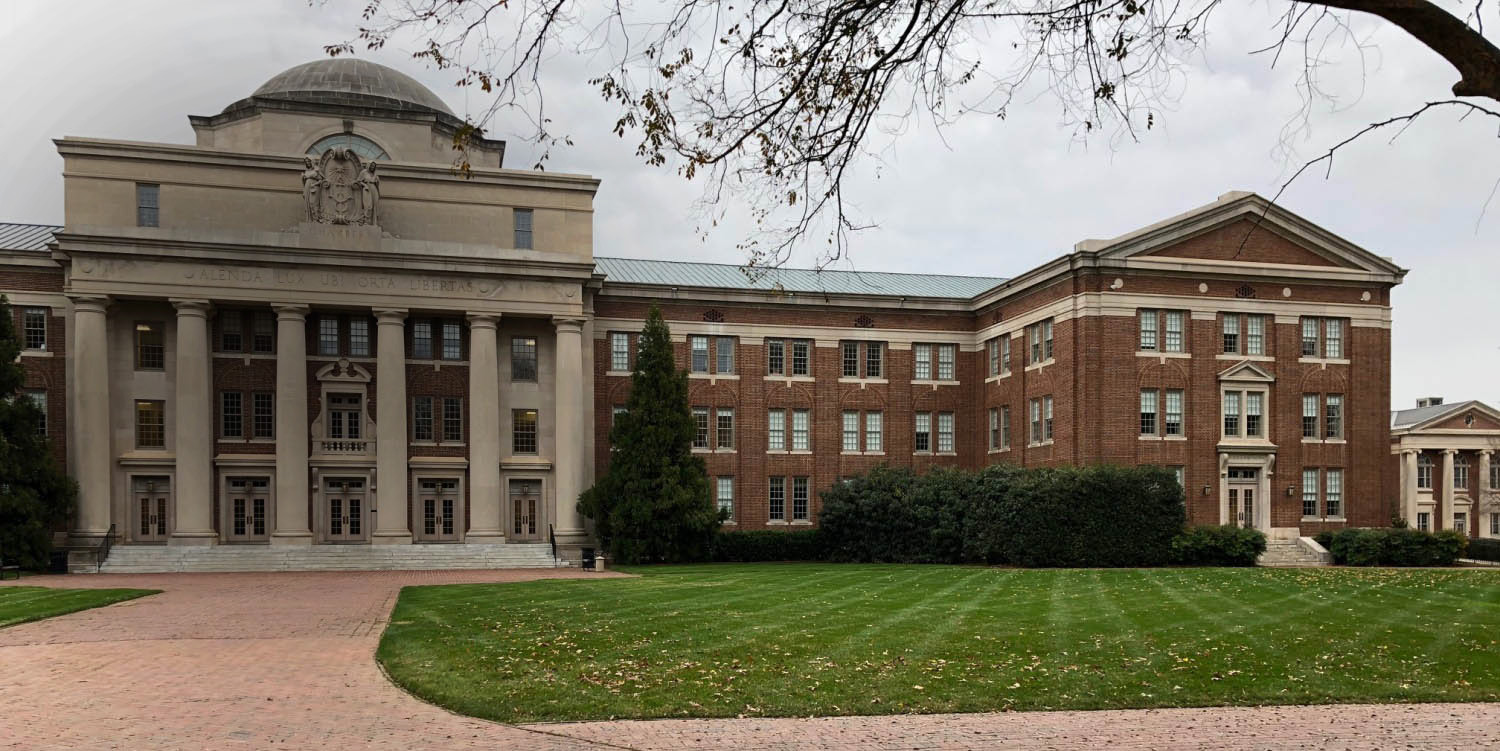COVID-19 disrupted the lives of countless college students and families during the 2019-2020 school year who paid exorbitant amounts of money to attend school and to take classes on campus, as opposed to online. Many of them now want some of their money back. On June 23, 2020, Managing Attorney Jonathan Vogel was quoted in a Newsweek article that addressed whether colleges are legally required to refund tuition and fees.
The legal issue is one of contract law, and it will be decided based on each state’s statutory law and common law developed through decisions in prior cases by appellate judges.
Putting aside the issue of which state’s law applies when the student resides in a different state from the location of the college, the foundational questions are whether there was a contract between the student and the school, and, if so, then whether the student performed his or her obligations under the contract (or was prevented from doing so) and whether the school fulfilled its obligations under the contract and caused damages to the student.
Most states recognize that, although students and colleges generally do not enter into a formal contract, the various payment agreements, student handbooks, catalogs, and other academic-related documents – taken together — comprise a legally enforceable contract between the student and the school. While some contracts expressly state that the educational services will be provided on campus, as opposed to online, it is more common to not include such a distinction. In those cases, the colleges will have a legal advantage.
Even if a college is found to have agreed in the contract to provide educational services on campus, as opposed to online, it may avail itself of the defense of impossibility or force majeure, which comes from the French phrase “superior force.” The purpose of these defenses would be to relieve the college from its contractual obligations because its performance was prevented by something beyond its control. Yet while such a defense would excuse the school’s inability to provide educational services on campus, the school may nevertheless be found by a court to have been “unjustly enriched” by payments it received.
The more interesting issue is whether colleges should refund tuition and fees even if they are not legally required to do so. As eloquently stated by Professor Scott Galloway of New York University’s Stern School of Business, higher education has just undergone a significant disruption, and, if colleges are not careful and responsive to customer (student) needs and wants, they will not be around a year from now.
Now is the time for colleges to evolve into student-focused, heavily digital universities that partner with media and technology companies to deliver high-caliber and cost-effective educational services.
Jonathan A. Vogel, a former deputy general counsel with the U.S. Department of Education and a former federal prosecutor, is the managing attorney of Vogel Law Firm PLLC, an education law firm focused on legal issues that arise in K-12, higher education, and student loans.


